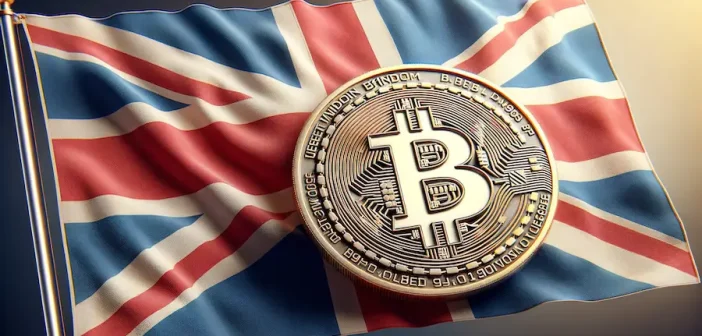The long-awaited UK crypto regulation framework is finally here. On May 10, British Finance Minister Rachel Reeves introduced comprehensive rules that align crypto businesses with traditional financial services. These new regulations mark a historic shift in how the UK manages digital assets like cryptocurrencies and stablecoins.
Under the UK crypto regulation, all exchanges, dealers, and custodians will face strict oversight from the Financial Conduct Authority (FCA). This includes compliance with capital requirements, consumer protection measures, and operational resilience—similar to the rules that apply to banks and investment firms.
What the UK Crypto Regulation Covers
The new framework introduces three regulated activities:
-
Crypto trading
-
Custody of digital assets
-
Staking services
Additionally, fiat-backed stablecoins will now be classified as securities, not electronic money. Issuers must publish detailed documentation and maintain redemption protocols. Foreign-issued stablecoins may still trade in the UK, but only through FCA-licensed platforms.
These changes amend the Financial Services and Markets Act 2000 and remove stablecoins from the UK’s Electronic Money Regulations (EMR) 2011. This may slow adoption for payments but sets a more secure path for institutional acceptance.
Industry Response: Bitget and Legal Experts React
Bitget COO Vugar Usi Zade welcomed the clarity brought by the UK crypto regulation, stating:
“Many crypto firms avoided the UK due to unclear licensing categories. Now it’s clear which services—trading, custody, staking, lending—require FCA approval.”
However, he warned that treating stablecoins as securities could hinder their use in everyday payments.
The UK legal firm Wiggin added that Britain has chosen a more traditional financial framework, contrasting the European Union’s MiCA regime, which takes a more simplified approach to digital asset regulation.
Why UK Crypto Regulation Matters Now
The FCA’s previous stance required prior approval even for publishing crypto-related symbols or images. The new rules create a more stable foundation for digital asset firms, potentially attracting serious players to the UK market.
Yet not all crypto initiatives are on the table. Economic Secretary to the Treasury Emma Reynolds confirmed that the UK has no plans to launch a national crypto reserve in the near term.
Will the UK Become a Global Crypto Hub?
The UK crypto regulation is a clear signal that Britain aims to lead with institutional trust and regulatory discipline. By treating digital assets like traditional securities, the government is choosing to integrate blockchain into its financial fabric—while avoiding hype-driven shortcuts.
This could position the UK as a safer, more credible crypto market. Whether it becomes a global hub will now depend on how the regulations are implemented and enforced in the coming months.




